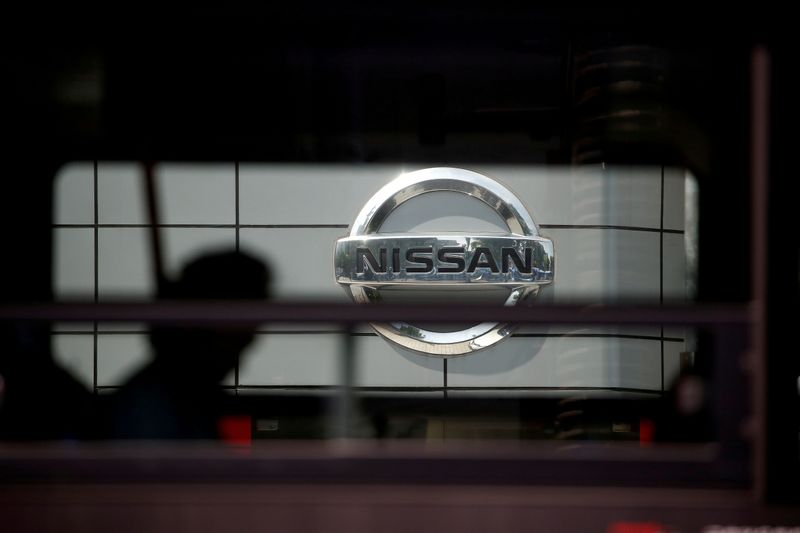This post was originally published on this site
https://i-invdn-com.akamaized.net/trkd-images/LYNXMPEG1D0TY_L.jpg
SEOUL (Reuters) – Nissan Motor Co’s (T:) South Korean unit plans to seek applications for voluntary redundancy, a person with knowledge of the matter said on Friday, as the automaker’s shares sank to their lowest in more than a decade.
Nissan on Thursday cut its annual operating profit forecast by 43%. Sources said plans to slash jobs, close manufacturing sites and drop products have been already prompted, as the automaker steps back from an aggressive pursuit of market share championed by former leader Carlos Ghosn.
In addition to Nissan Korea’s plans for voluntary redundancy, some of its around 60 employees have already submitted letters of resignation, the person said, declining to be identified as the issue was sensitive.
“We are committed to driving an efficient organization to take us on a growth path together. As such, we are carefully reviewing our operations setup. We are currently not in the position to share more details. Our primary focus remains providing great products and the highest levels of sales and services to our valued customers,” Nissan said in a statement.
On top of a dim earnings outlook and restructuring at Japan’s No. 2 automaker, Nissan’s South Korean business has also suffered from a diplomatic row between the two countries that has led to consumer boycotts and efforts by Seoul to cut the economy’s reliance on imports from Japan.
In South Korea, Nissan Korea sold 3,049 Nissan brand vehicles in 2019, down 40% from 5,053 vehicles a year earlier, and 2,000 Infiniti vehicles in 2019, down 6% from 2,130 vehicles a year earlier, according to auto registration data from Korea Automobile Importers & Distributors Association.
Fusion Media or anyone involved with Fusion Media will not accept any liability for loss or damage as a result of reliance on the information including data, quotes, charts and buy/sell signals contained within this website. Please be fully informed regarding the risks and costs associated with trading the financial markets, it is one of the riskiest investment forms possible.

